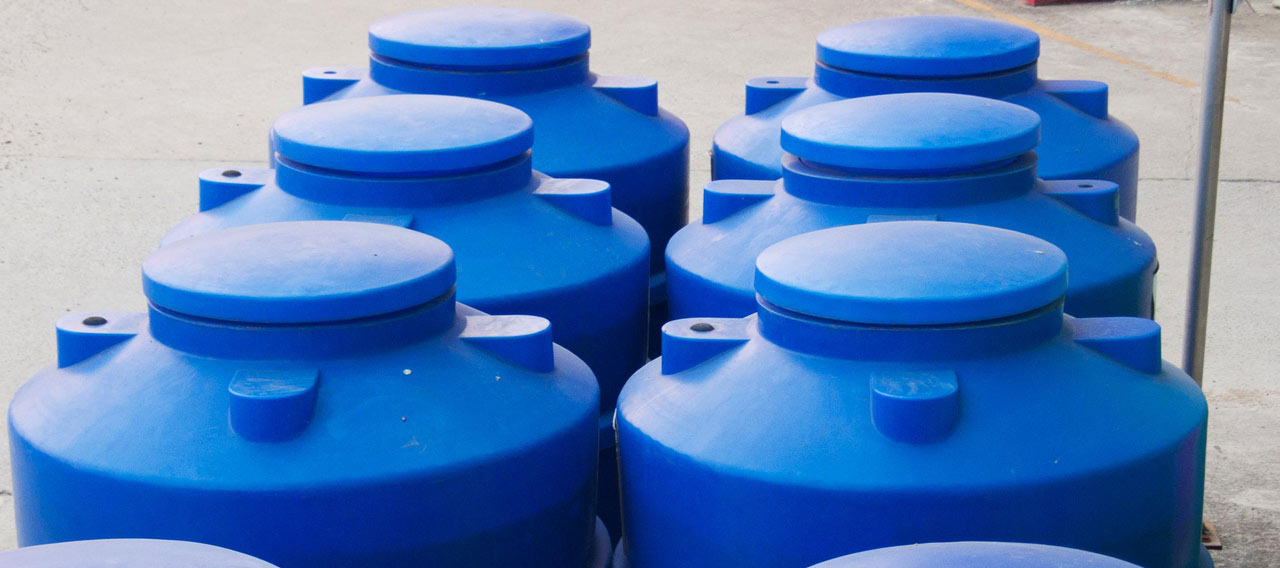- Individuals & Families
- Businesses
- Agents & Brokers
- Embedded Insurance

Chubb ranked #1 for Customer Satisfaction with the Home Insurance Claims Experience

Chubb ranked #1 for Customer Satisfaction with the Home Insurance Claims Experience

Chubb ranked #1 for Customer Satisfaction with the Home Insurance Claims Experience

Chubb ranked #1 for Customer Satisfaction with the Home Insurance Claims Experience

Because pets are family, Chubb now offers pet insurance with top-rated coverage from Healthy Paws.

Chubb offers the insurance protection you need for travel’s many “what ifs”.

Chubb protects small businesses at every stage – from newly formed start-ups to long-time anchors of the community.

Stay ahead of cyber threats with our free Cyber Claims Landscape Report.

Learn more about our dedicated learning paths, Online Learning Center, and more.

Many digital-savvy consumers look for it as a core or add-on option.

Many digital-savvy consumers look for it as a core or add-on option.

Many digital-savvy consumers look for it as a core or add-on option.

Chubb’s in-house technology makes it easy to integrate what we do into your customer experience.
-
About
-
Claims
-
Login & Pay Bill
For Agents & BrokersFor Travel Advisors
-
Back
With mounting competition and globalization, you may be facing skill shortages, rising costs, and a more complex business environment than ever before. Add to that an increasing reliance on digital technology and a growing number of natural disasters, and you can see why middle market businesses need a risk management program to minimize the risks they face.
If you don’t have a risk management program in place already, here are some areas where your business may be vulnerable to risks, and recommendations for certain steps you can begin to take to prevent or minimize them.
1. Your operations and property:
- Install a sufficient number of smoke detectors for your facility and have a qualified contractor inspect and test them every 12 months.
- Use, store, and dispense of flammable or combustible liquids properly.
- Ensure electrical systems are working properly, including scanning the main junction box every three years, and replace any extension cords with permanent wiring.
- Maintain clear, unobstructed walking and work spaces.
- Make sure employees and guests utilize appropriate personal protective equipment as necessary.
- Ensure machinery has appropriate guards and documented lockout/tagout procedures.
- Provide a safe and controlled reception space for guests and customers.
2. Your employees:
- Include background checks and employment history verification when hiring.
- Train new employees and all employees annually on corporate policies, safety programs, information management, and emergency response. Document when training is complete.
- Make sure you have an ergonomic program in place.
- Develop, review, and test your emergency evacuation plan every 12 months.
- Establish policies and safeguards to protect against fraud and embezzlement.
- Use a security system that easily removes access for former employees and contractors.
- Train employees to properly use and maintain personal protective equipment.
3. Severe weather:
- Develop a Business Continuity Plan and Emergency Response Plan and review them annually.
- In a hurricane zone: Plan how you’ll secure loose outdoor fixtures, equipment, and storage; install hurricane shutters; and give employees time to safely evacuate and protect their own homes.
- In an earthquake zone: Inspect building for structural weaknesses. Secure racks, shelving units, and furniture to the floor or walls, and install protective film on windows.
- In an area prone to wildfires: Establish a 100-foot defensible space around your building. Irrigate plants around buildings and minimize combustible exterior storage.
- In a flood zone: Have appropriate materials on hand (sandbags, flood walls, etc.), move critical assets to at least one foot above Base Flood Elevation, and install controls to prevent chemical and pollutant release.
- Have a qualified roofing contractor inspect your roof each year.
4. Health emergencies:
- Include a health emergency plan in your general business continuity preparation.
- Outline both your response and the steps you’ll take for business recovery in the event of a severe health emergency, such as a viral outbreak or other major disease event.
- Partner with your Human Resources team to determine alternative working models for employees, such as remote working
- Educate employees on hygiene protocols and methods for protecting themselves from infection.
5. Your IT systems and technology:
- Create a Cyber Security Plan with assistance from a qualified IT security professional using accepted cyber security standards for your type of operation. Include communications and cyber connections with customers and vendors.
- Design and test a Breach Response Plan and a plan to manage ransomware attacks.
- Regularly back up critical data and system information off site and test its recovery.
- Train your staff annually on strong passwords, social engineering/phishing, and protecting sensitive information.
- Control access to sensitive data including personal, health, and business information.
- Make sure manufacturing systems that rely on operational technology have dedicated cyber security control mechanisms to prevent intentional sabotage as well as accidental mistakes by workers and trusted third parties.
Insights and expertise








This document is advisory in nature and is offered as a resource to be used together with your professional insurance advisors in maintaining a loss prevention program. It is an overview only, and is not intended as a substitute for consultation with your insurance broker, or for legal, engineering or other professional advice.
Chubb is the marketing name used to refer to subsidiaries of Chubb Limited providing insurance and related services. For a list of these subsidiaries, please visit our website at www.chubb.com. Insurance provided by ACE American Insurance Company and its U.S. based Chubb underwriting company affiliates. All products may not be available in all states. This communication contains product summaries only. Coverage is subject to the language of the policies as actually issued. Surplus lines insurance sold only through licensed surplus lines producers. Chubb, 202 Hall's Mill Road, Whitehouse Station, NJ 08889-1600.


